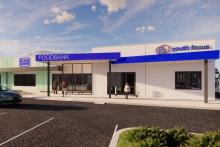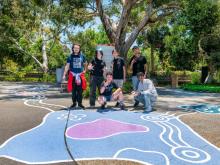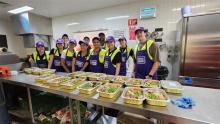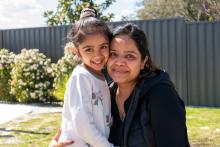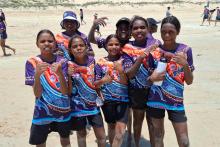In the lead up to World Health Day, we highlight organisations working to improve health education and ultimately strengthen community wellbeing.

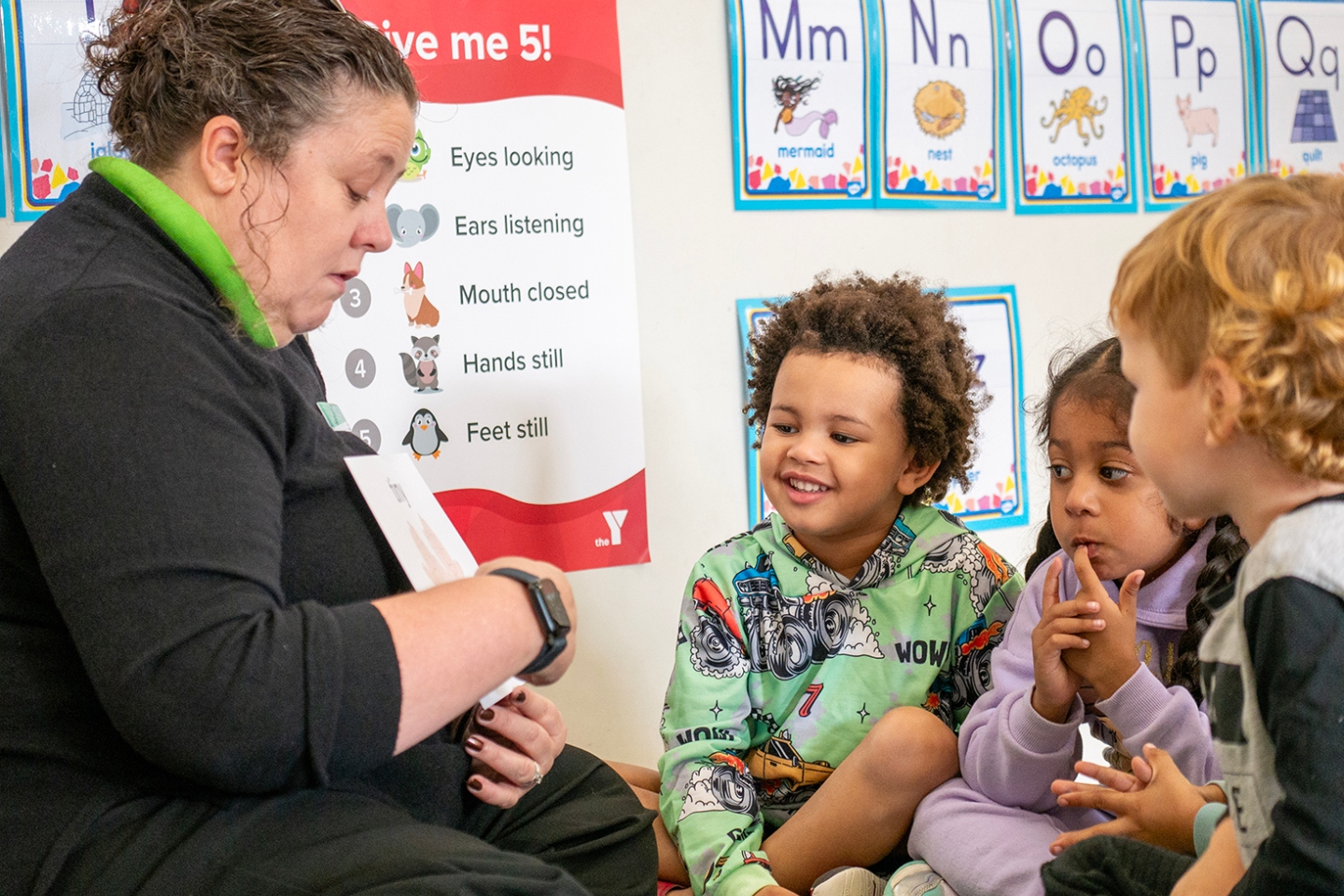
In the lead up to World Health Day, we highlight organisations working to improve health education and ultimately strengthen community wellbeing.
The Y WA facilitates a range of educational initiatives that create healthier communities by addressing social determinants of health.
Chief executive Tim McDonald said this connection between education and health was often underestimated.
“When we think about health, our minds often jump to hospitals, medications, and physical wellness. However, a growing body of evidence suggests that health outcomes are shaped long before medical interventions become necessary,” Dr McDonald said.
“Education – particularly quality early learning and alternative pathways for disadvantaged youth – has emerged as one of the most powerful social determinants of health, creating ripple effects that extend throughout an individual's lifetime.
“Research consistently demonstrates that higher levels of education correlate with improved health literacy, better access to healthcare, healthier behaviours, and ultimately, longer lifespans.
“This relationship works in both directions: poor health can hinder educational attainment, creating cycles of disadvantage that are difficult to break without targeted intervention.”
The Y WA has been targeting early literacy as a form of preventative healthcare, implementing evidence-based programs that support educational journeys from infancy through to young adulthood.
One of these initiatives is The Y WA School ReadY Program, which combines play-based early learning with intentional teaching of pre-academic skills, focusing on Literacy and Language, Numeracy-Science, Technology, Engineering and Mathematics (STEM), and Social and Emotional Wellbeing.

The Y WA's School ReadY Program focuses on building skills in three key developmental domains: literacy and language, numeracy - STEM, and social and emotional wellbeing.
Dr McDonald said the program addresses critical factors in children's intellectual and emotional development, setting the foundation for lifelong health.
“At its core, the pre-literacy program serves as the foundation for reading proficiency-the fundamental key that unlocks all other learning,” he said.
“This focus on early literacy skills is particularly vital for vulnerable students who might otherwise face barriers to educational achievement.
“By ensuring all children develop strong literacy skills from the earliest possible age, the program creates equity of access to learning opportunities and expands post-school options for all students.
“For children from disadvantaged backgrounds, this early intervention is especially powerful, providing them with the tools to transcend circumstantial limitations and access the full range of educational and career pathways available to their more advantaged peers.”
The Y WA also runs services for older students who have become disengaged from traditional educational pathways.
This includes the Y School, which offers tailored support to address academic needs and underlying health barriers and acts as an alternative education model recognising that conventional schooling doesn't serve all learners equally and that educational disengagement often correlates with poorer health outcomes.
“By providing individualised attention to students in years ten to twelve, these programs help young people rediscover their passion for learning while developing resilience and self-efficacy, [which are] psychological resources that research shows are protective factors against various health challenges, including mental health conditions and substance use,” Dr McDonald said.
Education beyond academic outcomes
The Y WA’s programs extend beyond education for the purpose of academic advancement, branching instead into education for holistic development.
The Y WA Kokoda Leadership and Development Program is one of these initiatives, challenging young people from Perth, the Pilbara, and the Goldfields regions to undertake the Kokoda Trek in Papua New Guinea.
The ten-day trek is a physically and emotionally demanding journey that aims to foster leadership, resilience, and confidence skills in young participants, providing them with the tools to navigate life’s challenges and contribute meaningfully to their communities.
Building these capacities address upstream factors that influence health outcomes.

The Y WA Kokoda Leadership and Development Program challenges young people to complete the trek in Papua New Guinea.
Ongoing research
The Y WA has a strong commitment to designing its programs with the latest research in mind, ensuring an evidence-based approach is applied to bring about measurable outcomes.
The organisation has collaborations with an array of institutions including Edith Cowan University, Melbourne-based La Trobe University and United States-based Vanderbilt University to ensure research is continually updated.
This commitment represents a significant shift in how The Y WA approaches both education and health, shifting beyond short-term interventions to long-term approaches that track outcomes across multiple dimensions of wellbeing.
By continuously refining these programs based on evidence, The Y WA can ensure it is making meaningful contributions to population health.
“For children from disadvantaged backgrounds ... early intervention is especially powerful, providing them with the tools to transcend circumstantial limitations and access the full range of educational and career pathways available to their more advantaged peers.” The Y WA CEO Tim McDonald
Healthy food education
Foodbank WA promotes health through its core function of food relief, supporting 44 locations across WA through its mobile services and six branches – The Centre for Hunger Relief at Perth Airport, Albany, Bunbury, Geraldton, Kalgoorlie, and Peel.
Foodbank WA chief executive Kate O’Hara said the organisation’s purpose was to feed, educate and advocate.
“We educate people about healthy eating on a budget and we advocate for those facing food stress,” she said.
“We have always strived to provide healthy and nutritional food choices at Foodbank.
“From the products on our shop floor through to the Community Kitchen which prepares nutritional ready-to-eat meals - made from rescued products – we believe in the power of healthy food. You are what you eat.”

Foodbank WA's nom! program sparks children's interest in food and health.
Foodbank WA is the only Foodbank in Australia that employs a team of nutritionists to develop and run nutritional learning sessions in the community, further enhancing its educational output.
“Our nom! nutrition education sessions are a fun, interactive and engaging way to learn the why, what and how to eat well,” Ms O’Hara said.
“Our healthy eating and cooking programs help individuals to plan and cook meals on a budget, cook dishes the whole family will love, learn how to save money, reduce food waste, sustainability and so much more.
“We have programs that suit all ages and abilities.”
Foodbank WA has received positive feedback from its nom! program, with attendees noting that the education provided in the sessions truly helped to improve health, while also encouraging children to try new foods and get interested in cooking.






